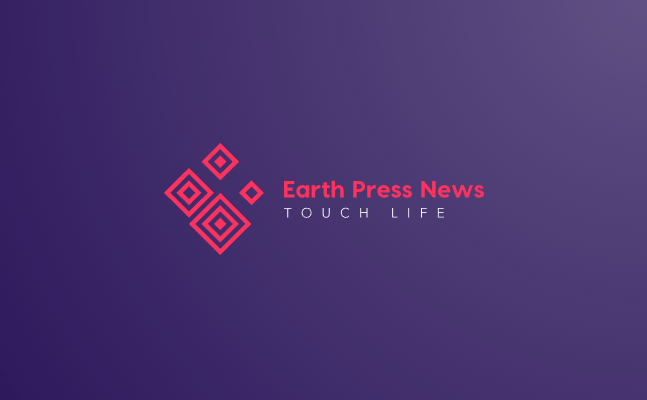According to the latest report of the United Nations Development Program (UNDP) titled ‘New Threats to Human Security’, six out of every seven people around the world live with feelings of insecurity and anxiety.
In the last 188-page report of UNDP, it is stated that those living in insecurity are not only in countries where conflicts, wars, hunger, poverty and political crises are experienced, but also in developed countries.
Listing the threats that lead people to worry and insecurity in the world, UNDP emphasized that they have to discuss new development models in order to eliminate these negative feelings in people.
“A new development model is a must”
According to the UNDP report, even those living in countries with the most comprehensive health services, the best education, and good economy and prosperity think they are more worried and insecure than they were 10 years ago.
In his statement after the publication of the comprehensive report, United Nations Development Program Director Achim Steiner stated that the anxiety and insecurity in the world became even more intense after the epidemic, and said, “Although global wealth is higher than in any period, most people in the world feel worried about the future. Searching for uncontrollable economic growth, “Inequalities within and between countries are increasing. We continue to destroy our nature. It is time for societies under great stress to redefine what this latest situation really means.”
UNDP Director Steiner emphasized the importance of sustainability for everyone and stated that after the latest situation in the world, a new development model should be created, which he hopes will help people to live away from poverty, fear, anxiety and humiliation. “We need a purposeful development model to protect our planet with new sustainable opportunities for all,” said Steiner.
Asako Okai, UN Assistant Secretary General and Director of the UNDP Crisis Office, stated that the latest report underlines the need to build a much greater sense of global solidarity in the world based on the idea of common security. Okai noted that with the Corona virus pandemic, people are very concerned about preventing new mutations.
In the report titled ‘New Threats to Human Security’ published by the UN Development Program, some headings are listed as follows:
As climate change widens the inequality gap, more developed countries tend to reap the benefits and suffer less from the consequences of world pressures.
About 1.2 billion people live in conflict-affected areas, but almost half (560 million) of them live in countries that are not generally considered fragile.
This suggests that traditional ideas about which countries are most vulnerable to conflict need to be reconsidered.
Despite the highest global economic growth in history in 2021 and COVID-19 vaccines more readily available in some countries, life expectancy has dropped for the second year in a row worldwide.
Compared to a pre-COVID world, life expectancy has decreased by about a year and a half.
There are large and growing gaps in health systems between countries. Between 1995 and 2017, the disparity in health care performance between low and very high human development countries worsened, according to the report’s new Healthcare Universality Index.
People with a higher sense of human insecurity are three times less likely to find others trustworthy.
Climate change will likely be the leading cause of death worldwide. Even with modest reductions in greenhouse emissions, around 40 million people could die from changes in temperatures before the end of the century.
Worldwide hunger has increased and this threat has covered 800 million people.
Approximately 2.4 billion people suffer from food insecurity as a result of socioeconomic and environmental impacts.
The number of forcibly displaced persons has doubled in the past decade, reaching a record high.
Digital technologies can help meet many needs, but digital expansion has brought new threats.
Projected annual costs to combat cybercrime rose to $6 trillion in 2021.
In societies where LGBTI individuals and diversity are not tolerated, the risks of harming people have increased.
Violence against women and girls has increased. The empowerment of women is on the rise globally.
